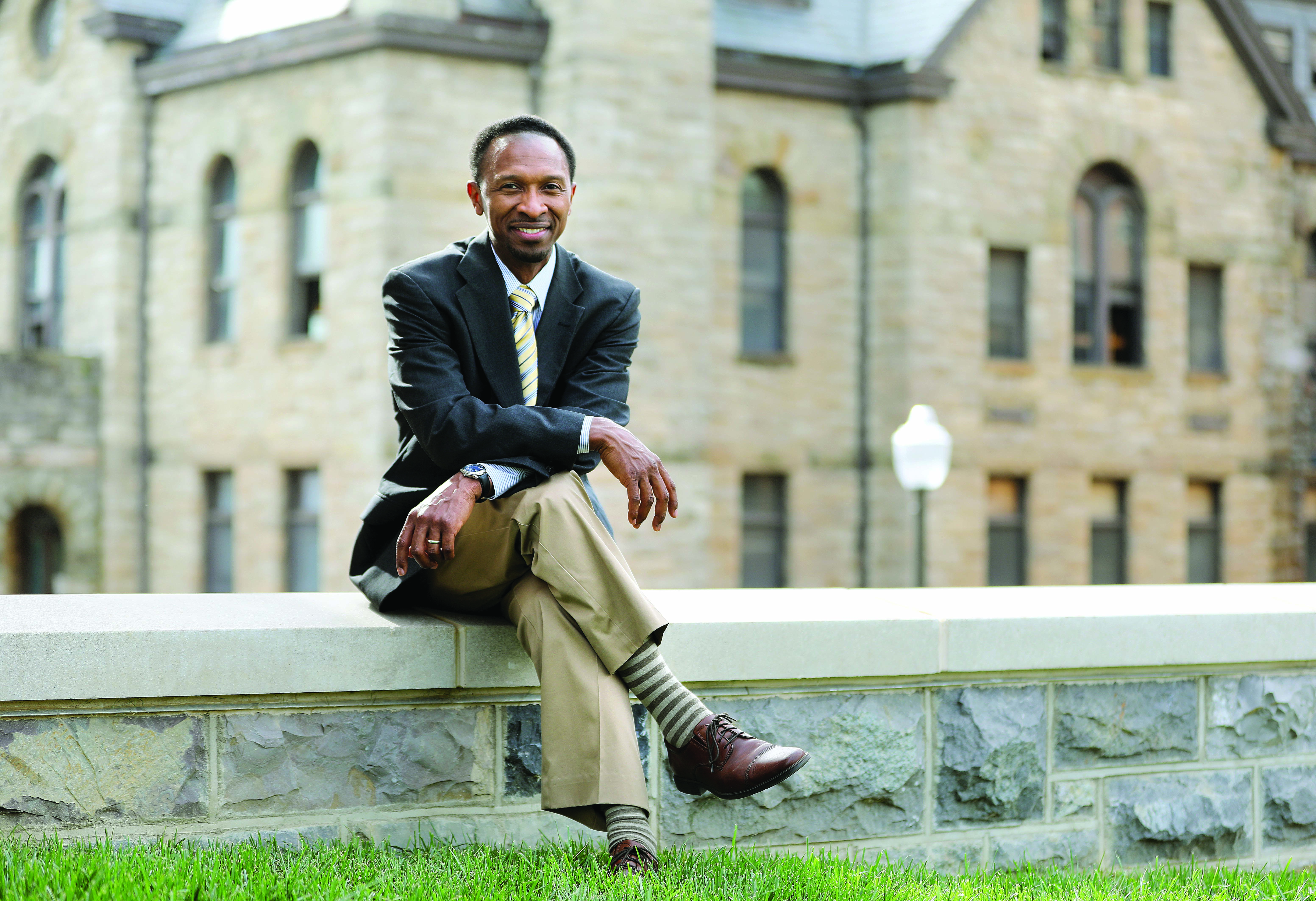An Accent on Humanities

Automated drones, driverless cars, and intelligent robotics are all marvels of technological ingenuity, yet insights from the humanities are needed to understand their full impact, according to Sylvester Johnson, Virginia Tech’s assistant vice provost for the humanities.
“As advancing technologies continue to transform modern life,” Johnson said, “the consequences for humanity only heighten the overarching significance of humanities research and teaching.”
Johnson, an award-winning scholar engaged in exploring humanity in the age of intelligent machines, has launched a new, forward-thinking center with just that focus. The Center for Humanities, based in the College of Liberal Arts and Human Sciences, reflects Virginia Tech’s commitment to elevating the presence and profile of humanities disciplines across the university.
The center builds on collaborations across the university, where historians already work with computer scientists to gain insights into deadly epidemics, philosophers work with engineers to detect patterns in nature, and literary scholars engage in iconic moments of space exploration.
These areas of inquiry, Johnson said, show that the moment of the humanities is not behind us, shimmering in a now-forgotten golden age, but before us.
“After decades of handwringing over whether the expansion of technology threatens the relevance of the humanities,” he said, “we’re beginning to witness our technological age pushing big humanities questions to the forefront of our most urgent concerns.
“What’s at stake in the rapid advance of digital technologies is literally what it means to be human.”




